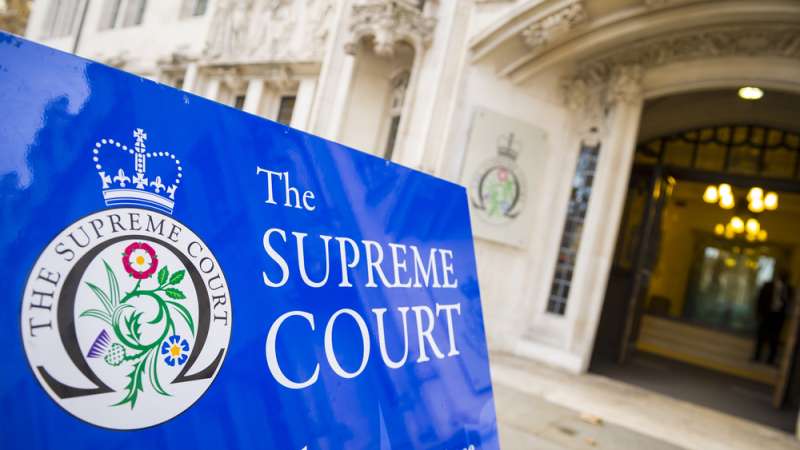
From 26 October 2024, employers have faced increased obligations to take proactive steps to identify and prevent sexual harassment at work.
Our employment lawyers reflect on the legal developments since October 2024 and examine what employers should be doing now to meet their ongoing duty to prevent sexual harassment in the workplace.
What is sexual harassment?
The Equality Act 2010 defines sexual harassment as unwanted conduct of a sexual nature which has the purpose or effect of violating someone’s dignity or creating an intimidating, hostile, degrading, humiliating or offensive environment for them.
Since the amendments to the Equality Act 2010 in October 20224, employers who fail to meet the the duty to prevent sexual harassment in the workplace face serious financial and reputational risks.
If an employee wins a sexual harassment claim in the Employment Tribunal and the employer is found to have failed to have taken reasonable steps to prevent it, any award may be uplifted by 25%. With no cap on awards for sexual harassment claims, such an uplift could be particularly damaging.
In addition, the Equality and Human Rights Commission (EHRC) has the power to investigate a business and enforce compliance, adding even more pressure for employers.









